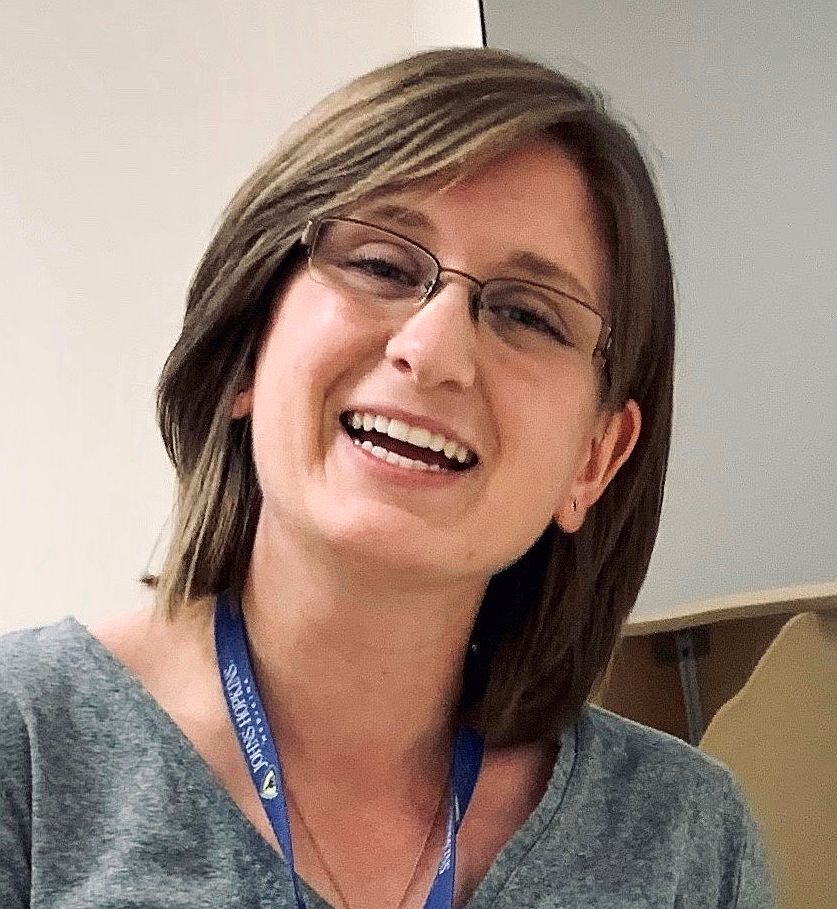
Historian, History Associates Incorporated, Rockville, MD
History Associates Incorporated (HAI) provides a variety of services to individuals, organizations and enterprises, from factual research and analysis to corporate genealogies to digital records transformation and management. As a historical research consultant, Taylor works with various clients from the public and private sectors, providing research services or interpretative analysis. She explains, “It could be writing a corporate history celebrating an anniversary or milestone, a corporate or business genealogy, or finding material for a client to make a legal case. I am a project manager and manage large scale projects where we are trying to untangle complex historical issues by reviewing material at archives or libraries. My typical workday changes – there’s never a dull moment! Some days I am at the National Archives or the Library of Congress. Some weeks I am traveling to a corporate archive, or to another university library.”
For Taylor, there was no “aha” moment or turning point that determined her career direction. “I have wanted to do what I am doing since before I was at Catholic University, but I didn’t know companies like HAI existed. I thought I would have to build a company like this. I knew that getting to this position was going to take some work, so every job I took that wasn’t in my field, I looked at as a way to inform my next step – how can I take this position and use it for when I build my business? I may not be building a company like HAI from the ground up, but I am working within the company to build a new clientele based on my experience. I have worked in the guest service at major theme parks and in the medical field in clinical trials, and each has informed my work here at HAI. I am currently in the process of building our film industry clientele.”
But where do her fascination and love for the archival and information research trail stem from? Taylor says simply “It was a puzzle. History is a puzzle, and it’s begging to be solved. It’s an adventure within the confines of a library or archive. My desire to get into history came from things that made it come alive – a teacher in high school that was so knowledgeable that she talked about historical characters as if she knew them, movies that infuse life into a seemingly boring event, or books that challenge the narrative.”
Taylor also credits several aspects of her time as a student at Catholic University for sharpening her passion for history: “Dr. Laura Mayhall, and her faith in me as she let me write about something outside of both of our comfort zones: she guided me as much as she could through the topic but let me hold the reins. Also, living in DC – I had access to the National Archives, the Library of Congress and so many museums just a few blocks from campus. I got out there and explored. Again, it gave me an edge as a researcher because I knew a little about a lot. Finally, the senior thesis project and process taught me how to research and write. Most peers from other universities say that they do a thesis – they don’t. They usually do a paper for one of their last courses. CUA’s Department of History thesis program is rigorous and brings you through the process, so you are prepared in grad school (if you so choose), or into another position. I was able to bring that to graduate school and felt confident in my work from the get-go.”
How has digitization transformed her field? “Digital information enhances it. But even though things are becoming more digitally accessible, that doesn’t mean everyone knows how to find it. Other fields, like the legal profession, need people like historians to help decipher and decode and navigate through the digital and archival space.”
Finally, what advice does Taylor have for current students who might be interested in following her career path? She says “Nothing is a waste. You do not need to be where you want to be right as you graduate from school. It’s a process, and let it be a process. You will be surprised how things along the way help you down the road. Take whatever job and experience you have every step of the way and think: what can I learn from this? It will limit your frustrations, and it will make you a better researcher. Even if it is not your field of expertise, it doesn’t mean that it is a waste. Getting out of your comfort zone will make you a better researcher and writer, and ultimately allow you to understand how to work with people in and out of the field.”
